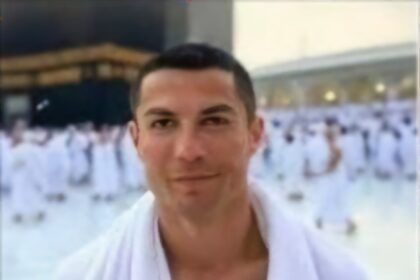Former President, Goodluck Jonathan has replied his critics who accused him of handing over a nation at the verge of collapse to his successor, President Muhammadu Buhari.
Speaking with Friends of Africa Coalition at the Mayor’s office in New Jersey, Jonathan recounted the achievements of his government to include, handing over a country that produced the richest man in Africa.
Jonathan said, “I am proud to say that while I took over a Nigeria that was the second largest economy in Africa with a GDP of $270.5 billion in 2009, I handed over a Nigeria that had grown to become the largest economy in Africa and the 24th largest economy in the World with a GDP of $574 billion.
“I inherited a Nigeria in which the trains were not working, and handed over a Nigeria in which citizens can safely travel by trains again. I inherited a Nigeria that was a net importer of cement, and handed over a Nigeria that is a net exporter of cement. In 2009 the richest Nigerian was the 5th richest man in Africa, but I handed over a Nigeria that produced the richest man in Africa.”
The former President stated that democracy will continue to grow in the African continent if leaders value the process of elections more than the product of the process.
Jonathan explained his reasons for handing over to his successor after losing the 2015 Presidential election, stressing that he respected the will of the people.
He said, “Even in the 2015 general elections in my country, Nigeria, there was potential for major crisis if I was not a President duly elected by the will of the people.
“The campaigns leading to the elections almost polarized the country into Christian v Muslims and North v South divide. Most World leaders were worried that our elections will result into major crisis. Some pundits even from here in the United States said that those elections would spell the end of Nigeria and that we would cease to exist as a nation because of the polls.
“That is where the leadership question comes into play. As a leader that was duly elected by the people, I considered the people’s interest first. How do I manage my people to avoid killings and destruction of properties? With the interest of the people propelling all the decisions I took, we were able to sail through.
“Indeed, we sail through because I refused to interfere with the independence of the Independent National Electoral Commission, INEC, having appointed a man I had never met in my life to run it. My philosophy was simple. For elections to be credible, I as a leader, must value the process more than the product of the process. And the citizens must have confidence in the electoral body.
“These are but a few of the parameters that illustrate some of the economic transformations we engineered during my term in office. This was made possible by the fact that there was a stable political leadership in Nigeria that did not have to pander to any other constituency except the electorate who brought me to power. And these actions have a contagious effect.”


